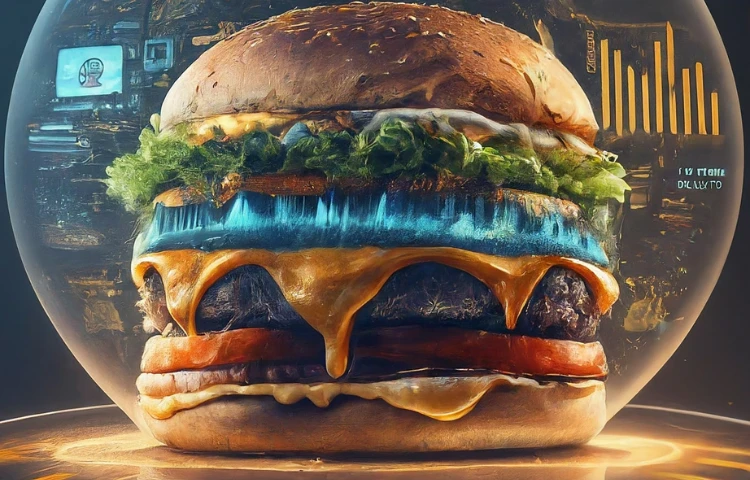

Artificial Intelligence (AI) is redefining industries, and marketing is at the forefront of this transformation. By harnessing the power of AI-driven tools, businesses can personalize customer experiences, streamline operations, and significantly boost revenue. A prime example of this innovation is Yum Brands, the parent company behind Taco Bell, Pizza Hut, and KFC. Let’s dive into how AI is revolutionizing their marketing strategies, along with insights from industry leaders.
Yum Brands has set a benchmark by incorporating AI-driven marketing strategies. With a focus on customer personalization, AI tools analyze consumer data, including purchase history, preferences, and behavior patterns. This allows brands to deliver hyper-targeted marketing messages and offers, ensuring a higher likelihood of engagement.
According to an article in The Wall Street Journal [source], Yum Brands reported a significant increase in purchases and a marked reduction in customer churn after implementing AI solutions. By optimizing the timing and content of marketing campaigns, they successfully engage customers in real time, fostering brand loyalty and driving sales.
For businesses seeking to replicate this success, exploring AI tools like [Quantilus’ AI-powered solutions] can provide valuable insights into how this technology can work across different industries.
One of the most impactful features of AI in marketing is its ability to run real-time tests and optimize strategies on the go. AI systems evaluate multiple campaign variations simultaneously, identifying which elements resonate most with the audience. Yum Brands, for instance, uses AI to test ad content, discounts, and promotional strategies, fine-tuning them in real time.
As discussed in a related article by Forbes, real-time feedback is key to staying relevant in fast-paced markets. Businesses no longer have to wait for weeks to assess campaign performance; instead, they receive actionable insights instantly, enabling swift adjustments.
AI’s ability to personalize customer experiences is a game-changer. Taco Bell, for example, tailors promotions based on individual preferences, such as favorite menu items or frequently visited locations. This not only makes customers feel valued but also encourages repeat purchases.
An in-depth post by [HubSpot] highlights how personalization strategies have evolved with AI, enabling businesses to understand customers at a granular level. From recommending products to predicting future purchases, AI takes customer loyalty programs to new heights.
While marketing is a prominent use case, the integration of AI tools spans multiple domains. Anthropic’s CEO, Dario Amodei, recently predicted that AI could soon manage 90% of software engineering tasks, significantly improving productivity [source]. This transformative potential underscores AI’s adaptability across industries.
Additionally, OpenAI’s CEO Sam Altman emphasizes that AI agents represent the next major breakthrough in automating repetitive tasks (source). As businesses continue to explore these tools, their efficiency and reach are expected to grow exponentially.
The rise of AI-driven marketing offers several lessons for businesses aiming to stay competitive:
For further insights into AI’s transformative power, check out blogs from trusted sources like [AI Trends], [Towards Data Science], and [MIT Technology Review].
Yum Brands’ success with AI-driven marketing is a testament to the power of embracing technology to drive business growth. From personalizing customer interactions to optimizing campaigns in real time, AI offers endless possibilities for innovation. As the technology matures, businesses that integrate AI thoughtfully into their operations will undoubtedly lead the way.
WEBINAR